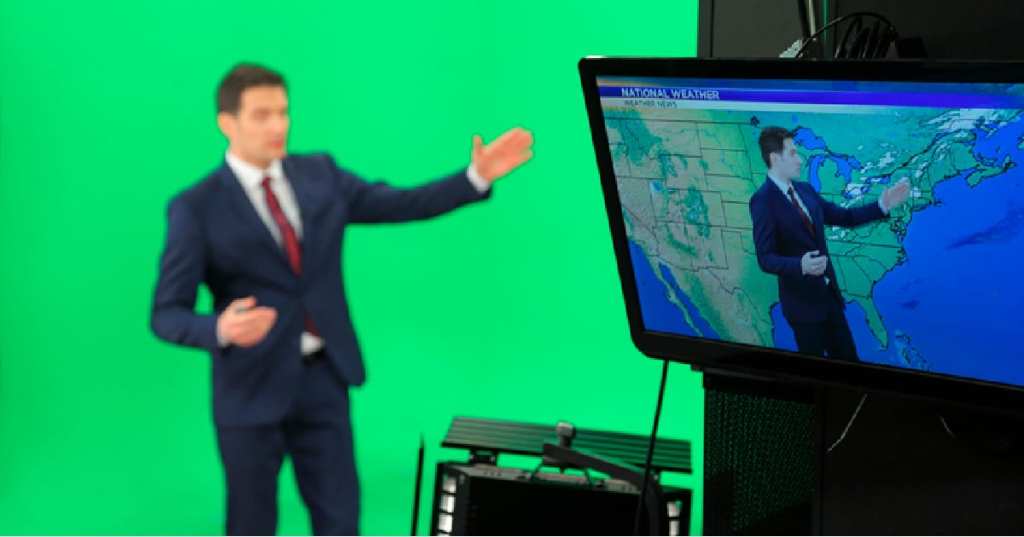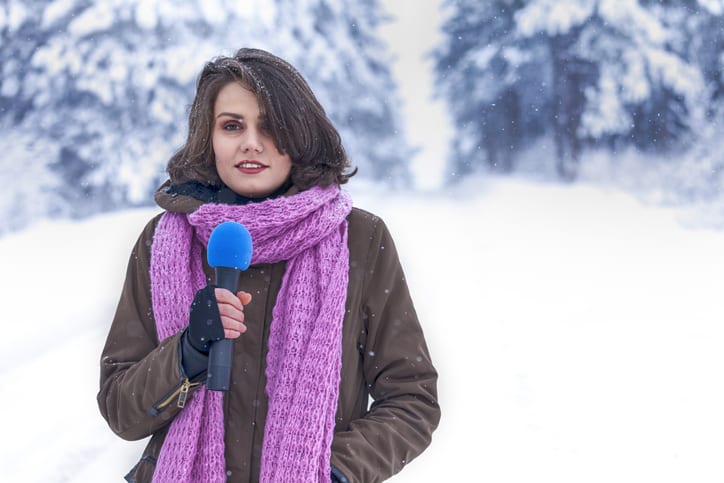People like to give meteorologists a hard time because of all the times they’re wrong about the weather that’s coming (for better or worse), but listen – we all know that Mother Nature is fickle, so we should probably give them a break.
If you’re curious what the pressure is like in front of those (troublesome) green screens, here are 8 behind-the-scenes secrets of meteorologists everywhere.
8. They’re under a lot of pressure.
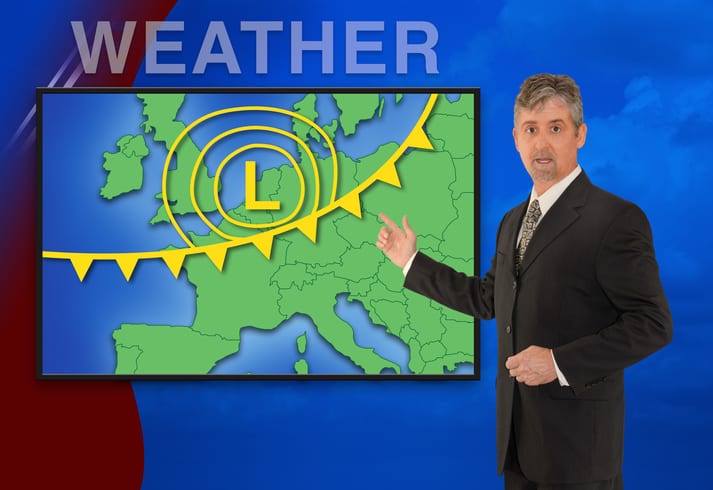
Image Credit: iStock
People not only plan their daily lives around the weather forecast, they’re also responsible for warning people – the right people – when a dangerous storm is rolling in.
It’s not something they take lightly, says meteorologist Jacob Wycoff.
“If you miss a severe weather forecast and someone’s out on the ball field and gets stuck, someone could get injured.
It is a great responsibility that we have.”
Basically, there are definitely consequences and they take those seriously.
7. They have a strict dress code.
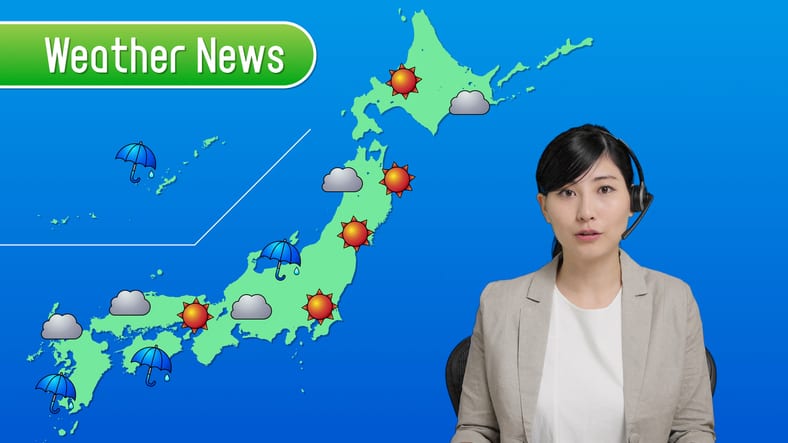
Image Credit: iStock
Because of the green background where maps are projected, on-air meteorologists absolutely cannot wear green, but Jennifer Myers, a Dallas-based meteorologist, says there are other rules, too.
“Distracting prints are a no-no. Cleavage angers viewers over 40 something fierce, so we stay away from that.
There’s no length rule on skirts/dresses but if you wouldn’t wear it to a family event, you probably shouldn’t wear it on TV.
Nothing reflective.
Nothing that makes sound.”
Women, of course, have it tougher because people will criticize what they wear without thinking, and also because their outfits are typically more memorable.
6. But they can wear whatever shoes they want.
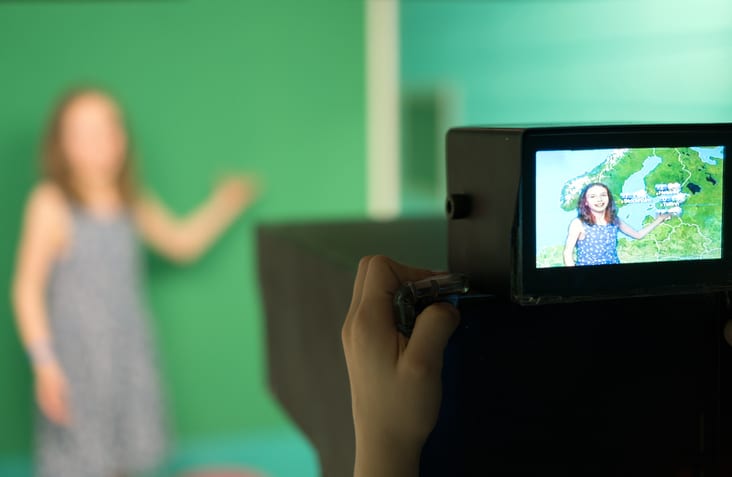
Image Credit: iStock
Their feet rarely appear on camera, so most go for footwear that’s comfortable enough to stand in for hours at a time.
Occasionally, women meteorologists will use their calves to strap their mics on, too, so it doesn’t make a bulge under a blouse or skirt.
5. They know all the good tricks for staying warm outside.
Stephanie Abrams, co-host of The Weather Channel’s AMHQ, says they’ve developed them out of necessity.
“In the field when I’m covering snow storms, I go to any pharmacy and get those back patches people wear, those heat wraps, and stick them all over my body. Then I put on a wet suit.
When you’re out for as long as we are, that helps you stay dry.
I have to be really hot when I go out for winter storms.”
Those are some pro-tips!
4. Seven-day forecasts are mostly guesses.
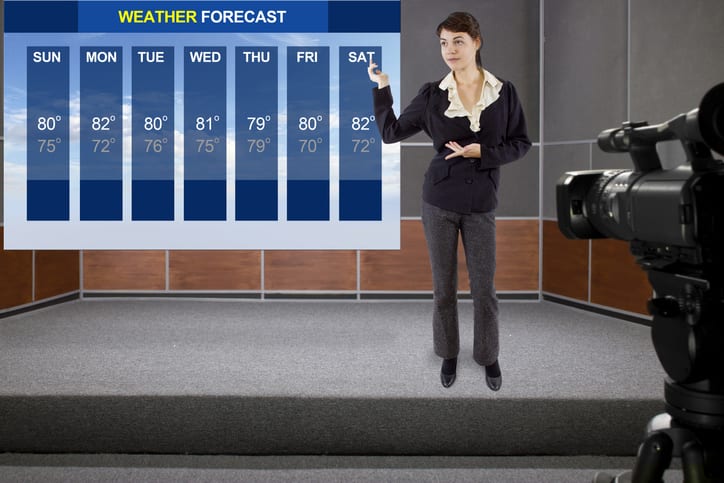
Image Credit: iStock
Wycoff says you shouldn’t put too much stock in anything that goes beyond 3 days.
“I would say that within three days, meteorologists are about 90 percent accurate.
Then at five days we’re at about 60 percent to 75 percent and then after seven days it becomes a bit more wishy-washy.”
Yeah, that’s probably why people say they aren’t that accurate.
3. Some never master the green screen.
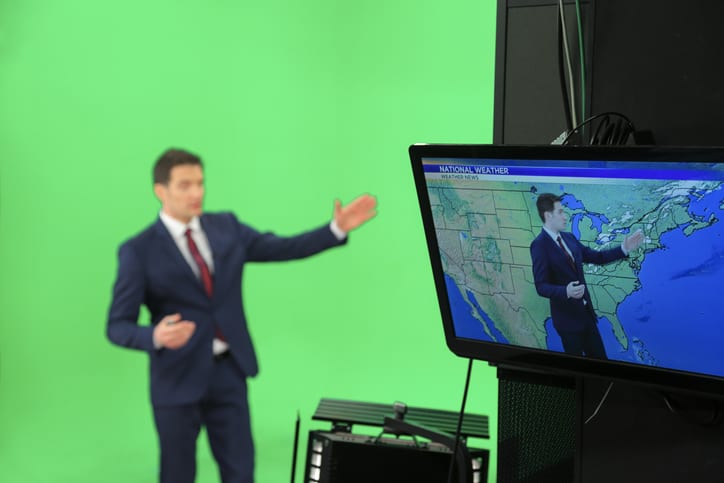
Image Credit: iStock
Meteorologists aren’t really standing in front of giant maps; they’re backed by green screens that are used to project images onto them.
They can see TV monitors around the room that reflect what viewers are seeing, which helps them know where to point, but it’s harder than it looks.
Gary England, a weatherman and former chief meteorologist for Oklahoma’s KWTV, says it can kill careers and that he’s “seen people never get used to it.”
2. They’re not fans of social media.
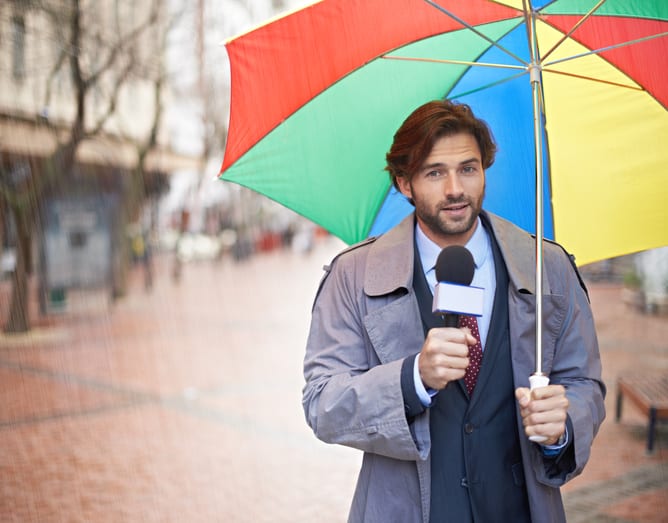
Image Credit: iStock
Like everyone else who deals in news and reality these days, meteorologists spend more time than they’d like debunking bogus – and dangerous – forecasts that bounce around online.
Scott Sistek, a meteorologist and weather blogger from Seattle, says people need to stay in their lane.
“People think it’s as easy as reading a chart.
A lot of armchair meteorologists at home can look at a chart and go ok, half an inch of rain.
But we take the public front when it’s wrong.”
I mean… didn’t you think this way? Even a little?
1. They don’t use a teleprompter.
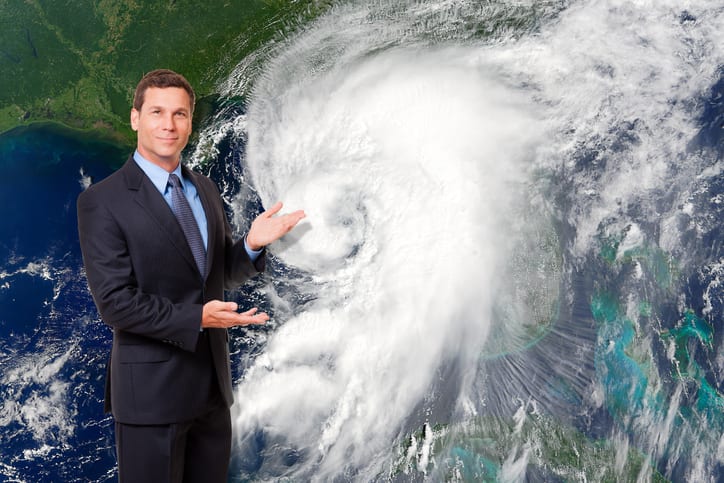
Image Credit: iStock
Everything TV meteorologists say in front of the camera is ad-libbed, says Wycoff.
All of it.
“Our scripts are the graphics we create.
Generally speaking we’re using the graphics to talk through our stories, but everything we say is ad-libbed.
Sometimes you can fumble the words you want to say, and sometimes you may miss a beat, but I think what that allows you to do is have a little off-the-cuff moment, which I think the viewers enjoy.”
I feel smarter now, don’t you?
What other secrets do you think meteorologists are keeping? Share them in the comments!

